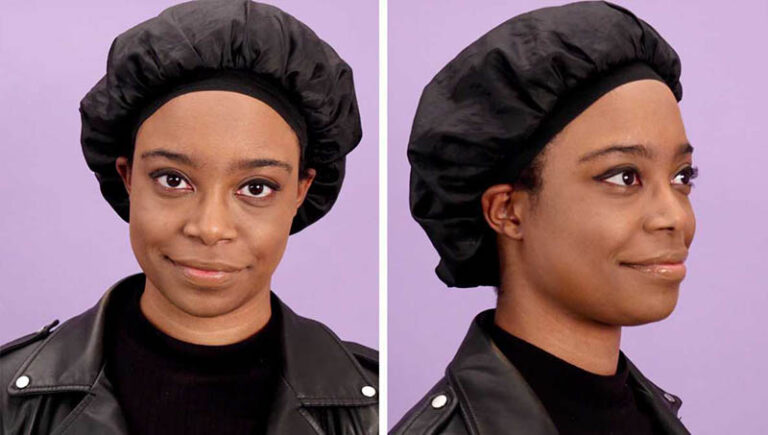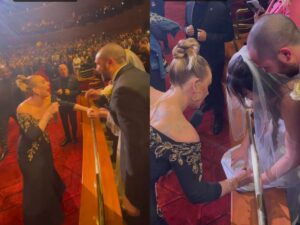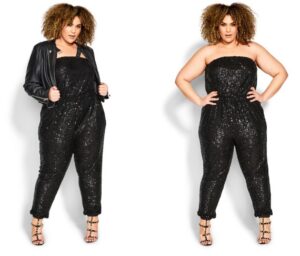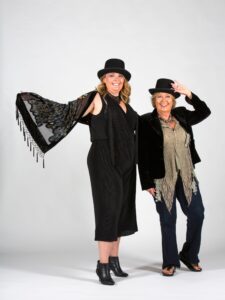Bonnets have become a ubiquitous accessory among Black women, often raising questions and sometimes inviting misconceptions. The significance of these head coverings goes beyond mere fashion; it’s deeply rooted in culture, practicality, and self-care.
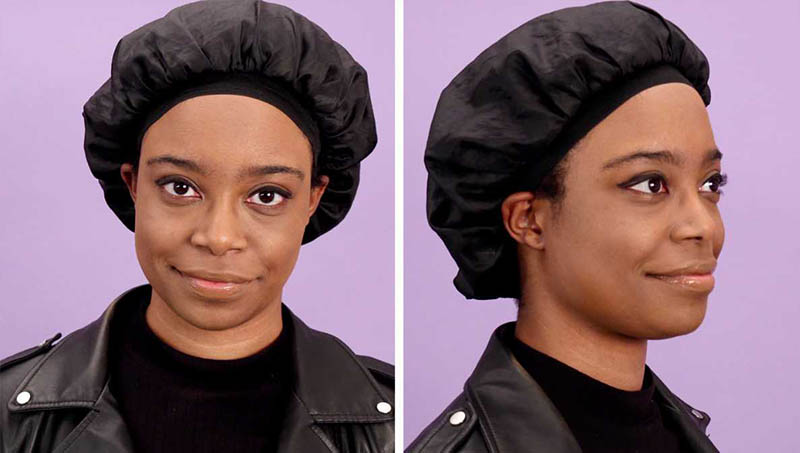
Cultural Significance
Within the Black community, hair isn’t just hair—it’s a representation of history, identity, and pride. Generations of Black women have navigated societal pressures and discriminatory standards of beauty. Haircare practices, therefore, hold profound cultural significance, influencing choices like wearing bonnets to protect hairstyles.
Protective Styling
The need to protect hairstyles isn’t merely about aesthetics; it’s a means of preserving the health of Black hair. Bonnets serve as shields against friction, maintaining intricate styles like braids, twists, or natural curls, preventing breakage and preserving the effort and time invested in creating these styles.
Hair Maintenance
Preserving the integrity of Black hair requires dedication and specific care routines. Bonnets offer a practical solution, ensuring hairstyles stay intact overnight, reducing the need for frequent restyling and minimizing exposure to damaging elements.
Self-Care and Comfort
Contrary to misconceptions, wearing bonnets isn’t about neglecting appearance—it’s about self-care and comfort. After hours spent on styling, it’s a conscious choice to maintain that effort, promoting healthy hair and boosting confidence.
Social Stigma and Acceptance
Societal perceptions often dictate what’s deemed acceptable. Unfortunately, wearing bonnets in public spaces has been met with judgment and scrutiny. The stigmatization faced by Black women further highlights the need for broader acceptance of diverse grooming practices.
Fashion and Personal Style
Bonnets have evolved from a practical haircare accessory to a fashion statement. Influencers and celebrities have embraced them, normalizing their presence in everyday fashion and challenging traditional beauty standards.
Challenges and Advocacy
Navigating spaces where certain hairstyles or accessories are deemed inappropriate poses challenges. However, advocacy movements aim to foster understanding and acceptance, promoting inclusivity in workplaces, schools, and society at large.
Conclusion
The prevalence of bonnets among Black women is multi-layered, stemming from cultural heritage, practicality, and the pursuit of self-care. Understanding and appreciating the reasons behind wearing bonnets can foster inclusivity and respect for diverse grooming practices.

